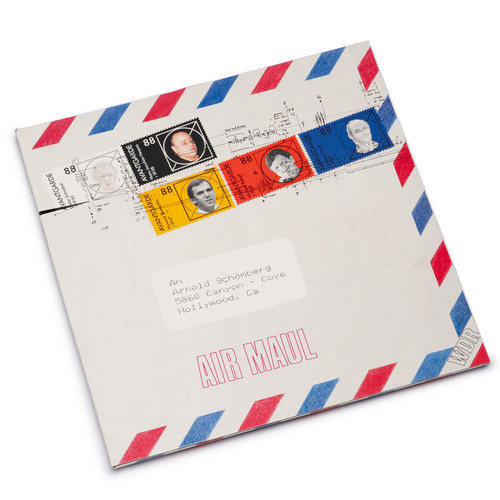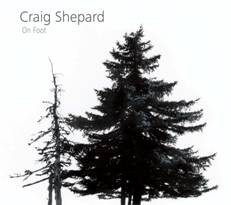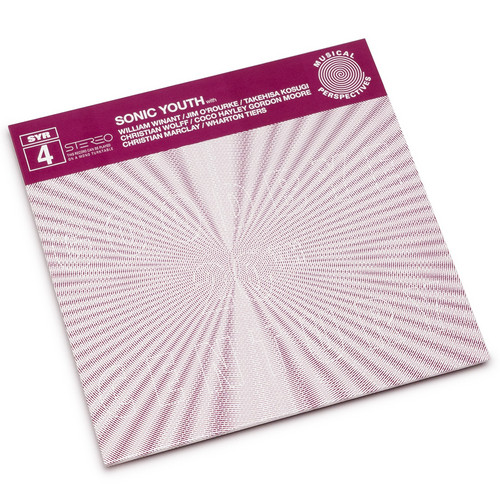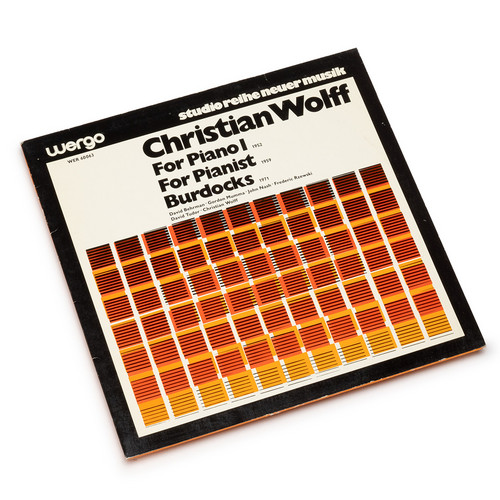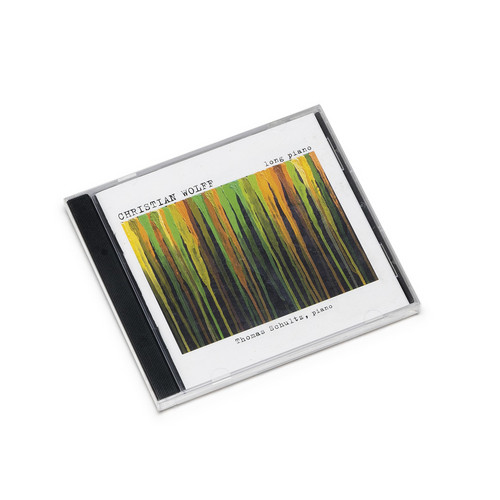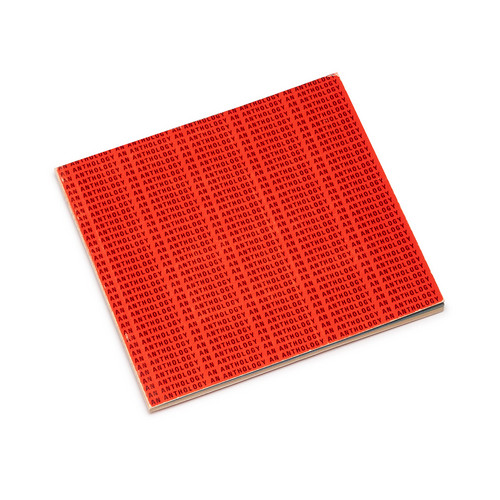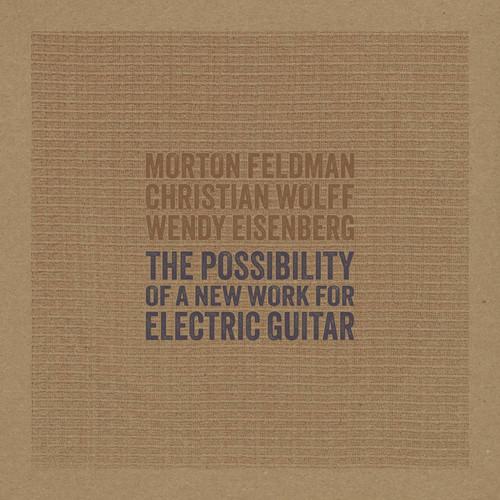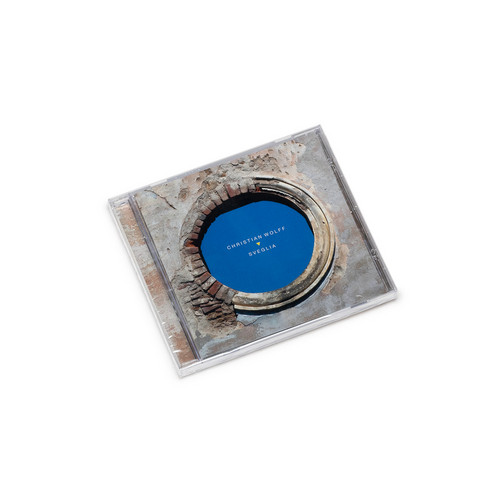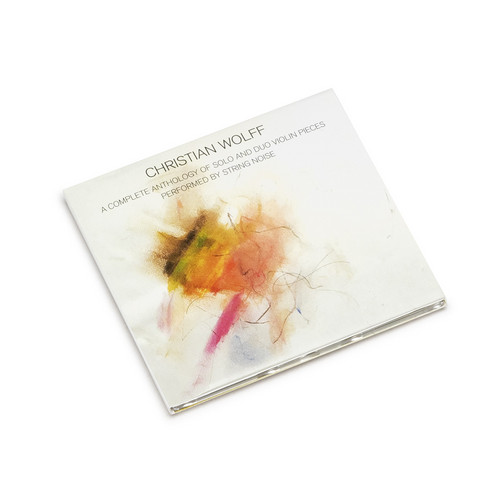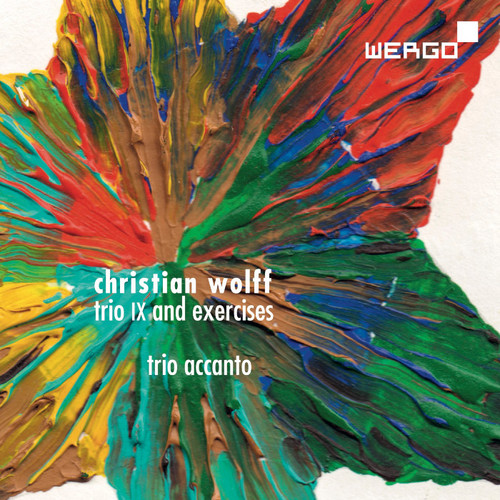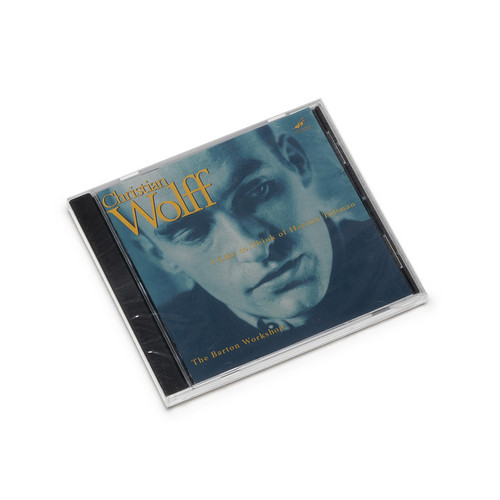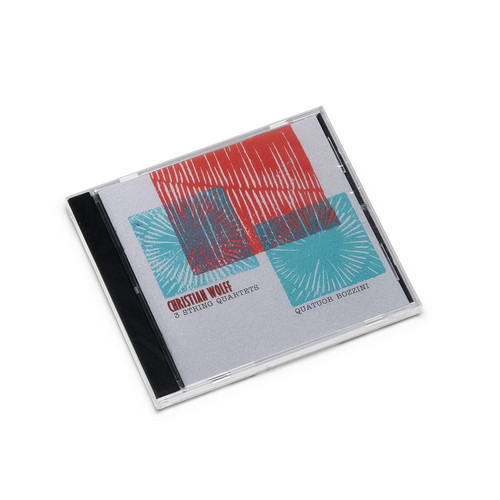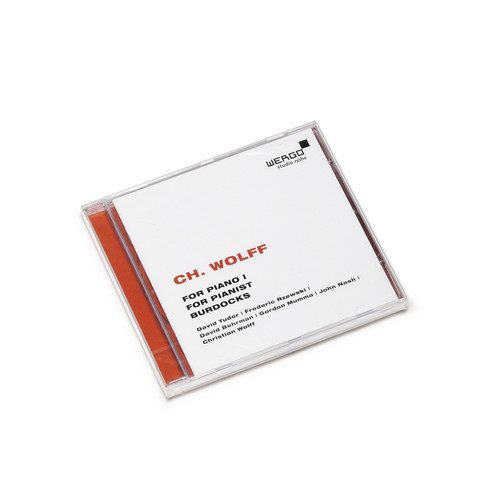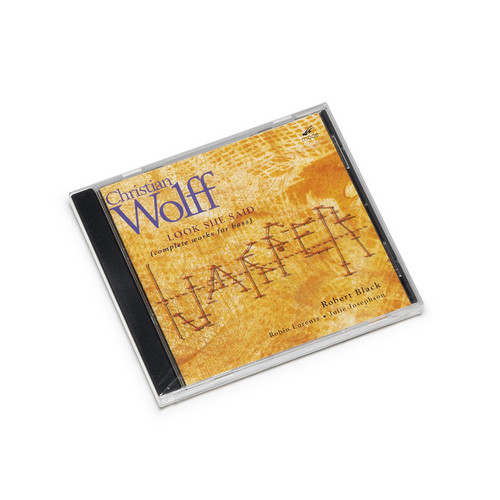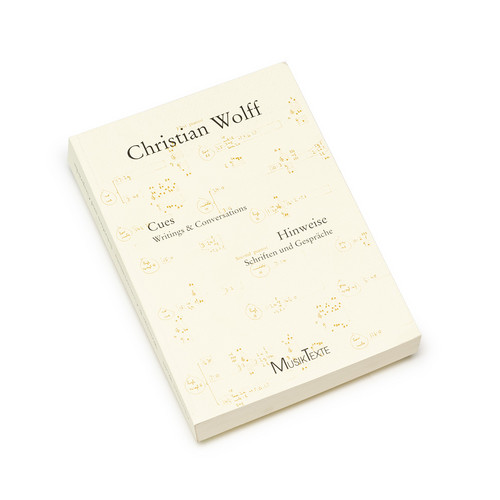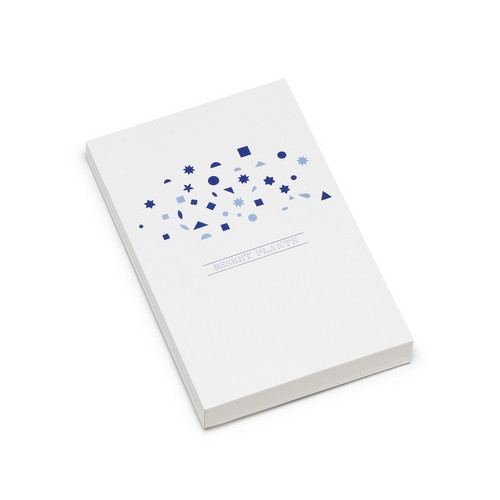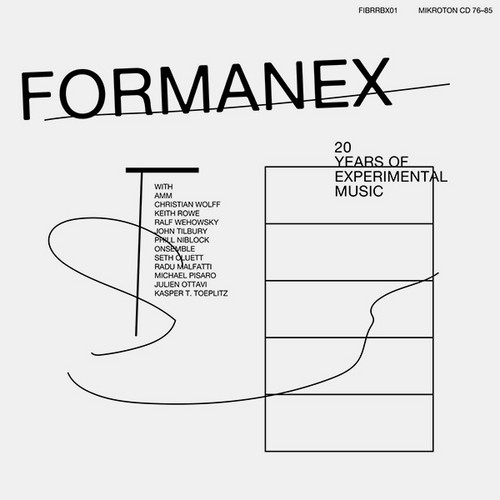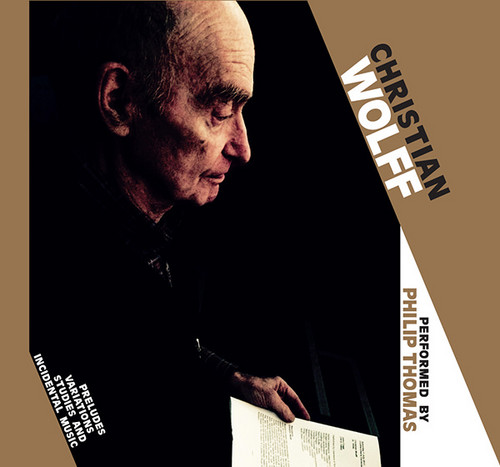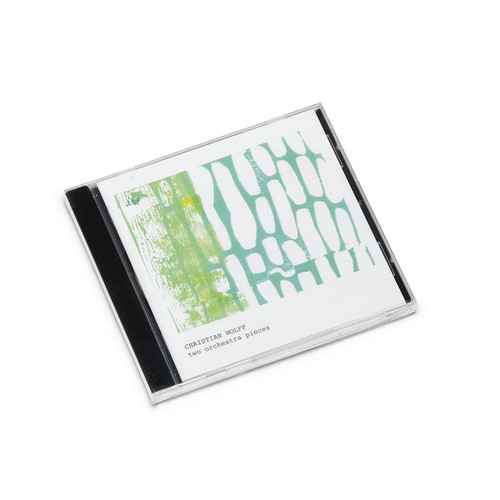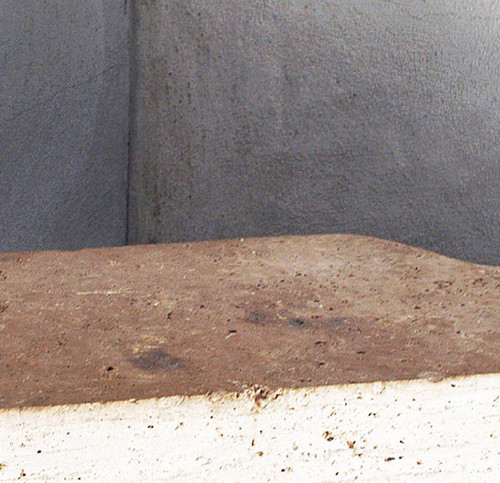Christian Wolff
(b. 1934) American composer whose indeterminate scores redefined performer agency. As the youngest member of the New York School (with Cage, Feldman, Brown), his works like 'Burdocks' (1971) use graphic notation and chance elements to create unique democratic spaces where musicians become co-composers. Wolff's political engagement surfaces in pieces incorporating protest songs, while his later works explore fragile tonal relationships, proving that experimentalism need not abandon beauty.
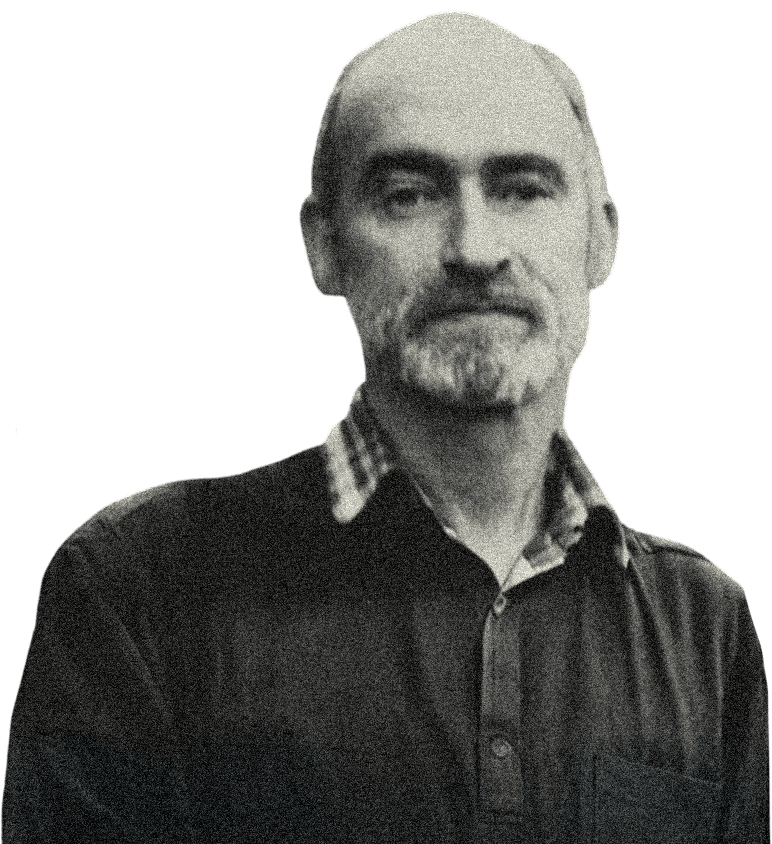
(b. 1934) American composer whose indeterminate scores redefined performer agency. As the youngest member of the New York School (with Cage, Feldman, Brown), his works like 'Burdocks' (1971) use graphic notation and chance elements to create unique democratic spaces where musicians become co-composers. Wolff's political engagement surfaces in pieces incorporating protest songs, while his later works explore fragile tonal relationships, proving that experimentalism need not abandon beauty.
